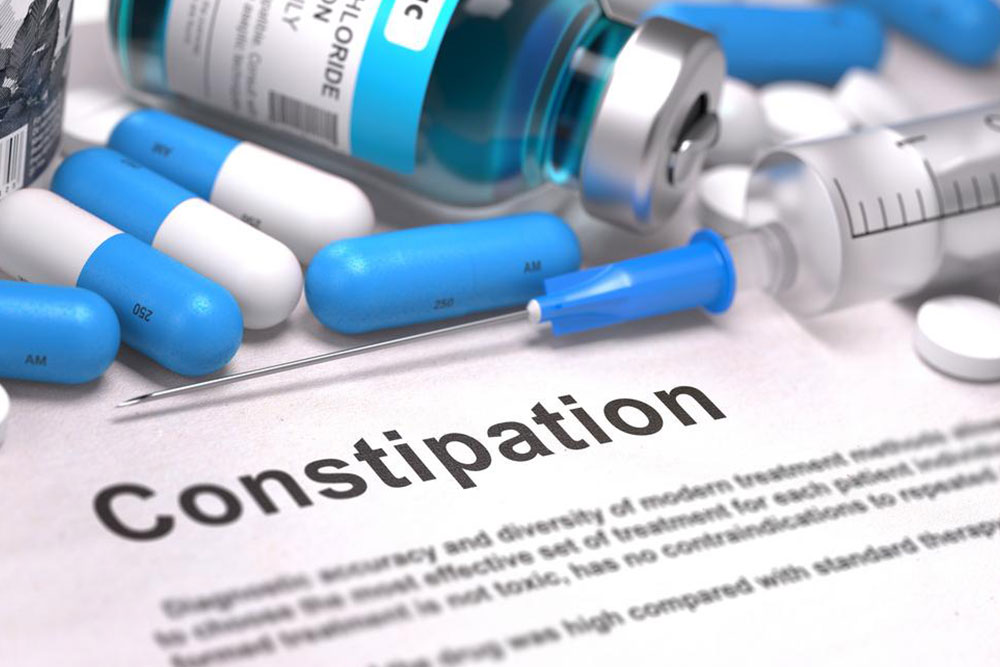Connecting Your Diet to Digestive Health and Constipation Relief
Discover how dietary choices influence bowel health and learn effective strategies to prevent and relieve constipation. Incorporate high-fiber foods like whole grains, fruits, and legumes while reducing processed and fatty foods. Staying hydrated and consulting a doctor for persistent issues can improve digestive wellness and overall quality of life.
Sponsored

Your dietary habits play a crucial role in maintaining a healthy digestive system. Food choices directly influence bowel movements and overall gut health. Constipation, a common issue linked to nutrition, can significantly affect daily life if persistent.
Chronic constipation lasts over three months and may stem from various causes, including diet. To improve bowel regularity, focus on eating foods rich in fiber and avoid those that hinder digestion.
Understanding Constipation
Constipation involves infrequent or difficult bowel movements. Proper diet can help prevent or alleviate this condition.
Many factors contribute to constipation, including diet. Paying attention to daily food intake can help manage or prevent the issue.
Foods to Incorporate for Better Digestion
Foods high in fiber promote healthy bowel movements. Insoluble fiber adds bulk to stools, aiding regularity, while soluble fiber retains water, making stool passage easier. Sources include whole grains, leafy greens, lentils, beans, bananas, and oatmeal.
To support digestive health, consider adding these foods:
Whole grains
Carrots, potatoes, broccoli
Fruits like apples, pears, berries
Legumes such as lentils and beans
Nuts and seeds, including almonds and sunflower seeds
Foods to Limit or Avoid
Reduce intake of foods that can worsen constipation, such as:
Refined products like white bread, baked goods, and cookies
Fried or fatty fast foods like chips and fries
Excessive meats
High-fat dairy products like cheese and whole milk
Alcohol and caffeinated drinks in excess
Additional Dietary Tips
Avoid relying on over-the-counter laxatives; instead, focus on whole grains and vegetables daily.
Stay well-hydrated with plenty of water, limiting sugary beverages.
Consume small portions of meat to ease digestion.
If constipation persists or worsens, consult a healthcare professional, as it may indicate other health issues.






